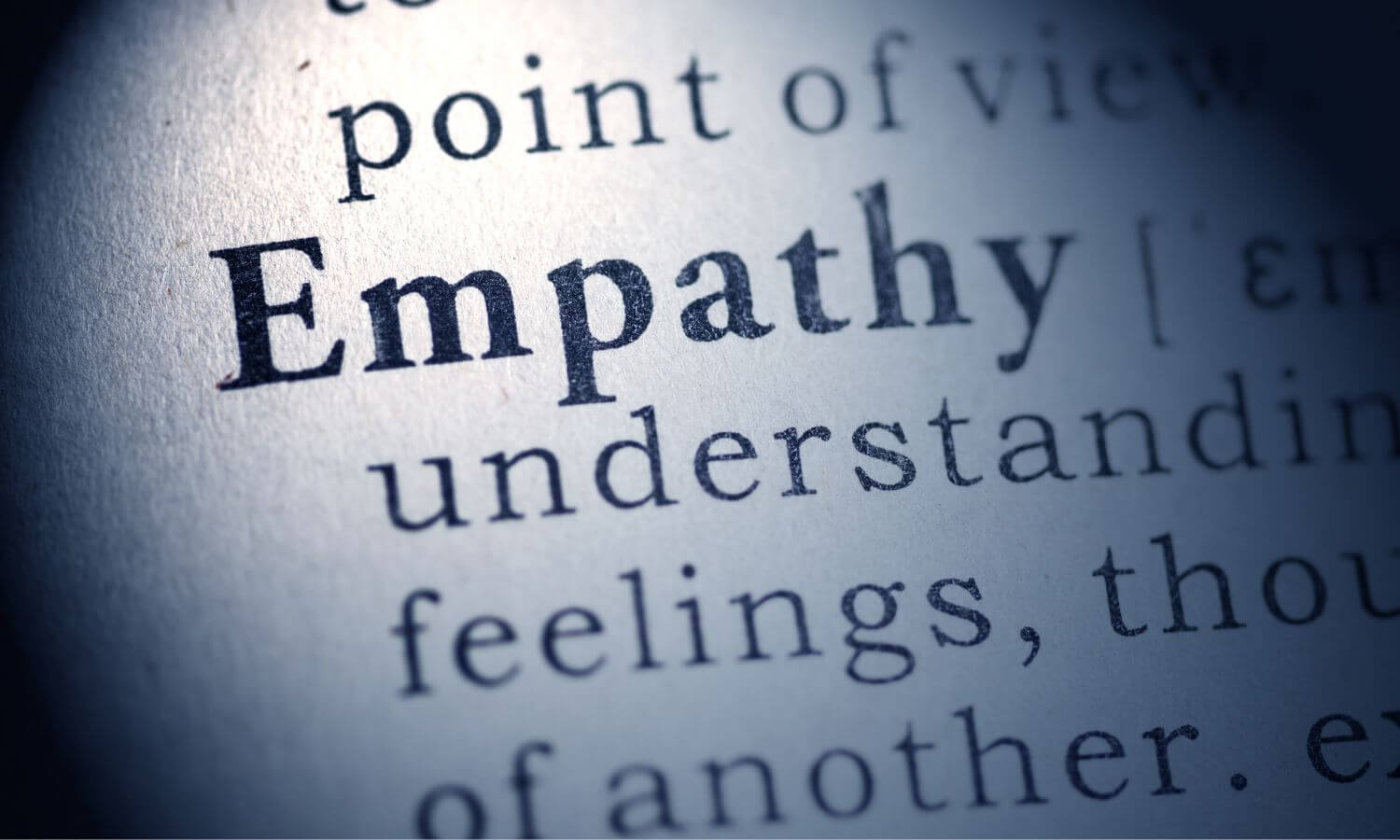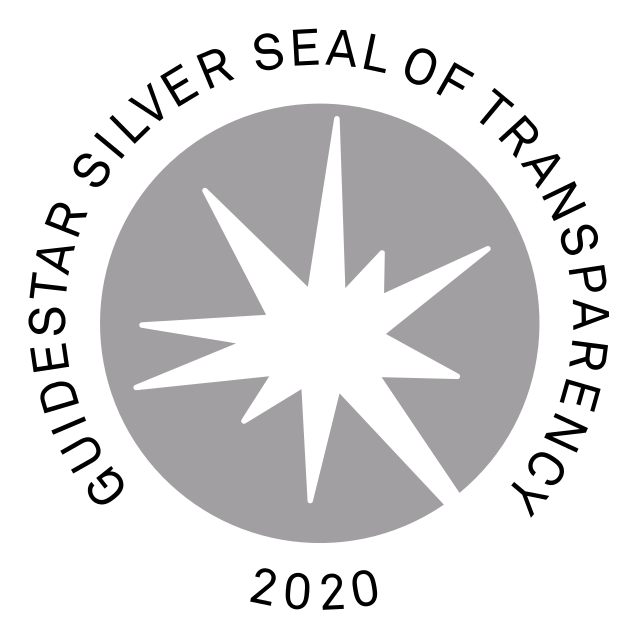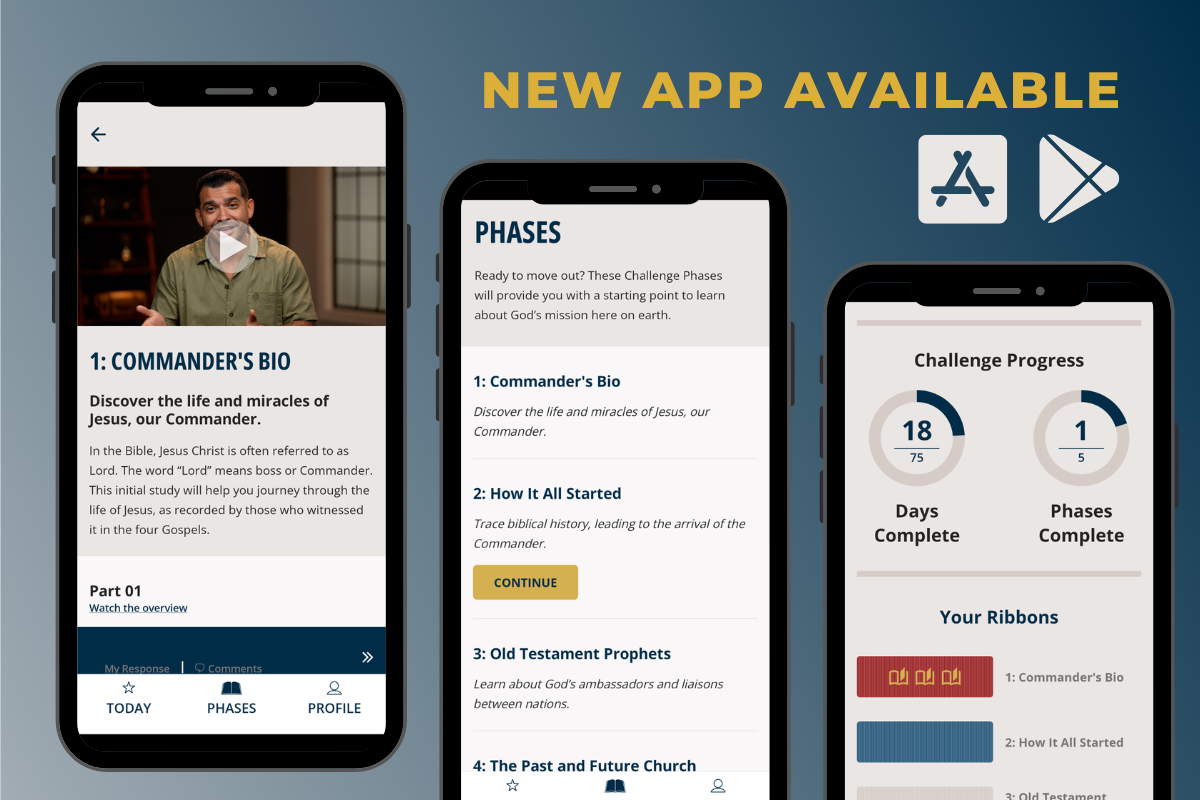The selfless sacrifices made by Service members are undeniable. For many, challenges are not resolved after they leave the battlefield. The realities of warfare continue to haunt their minds long after they come home. They relive conflicts in the nightmares of PTSD and question their beliefs and their ethics because of moral injury. Still others are faced with the life-long effects of physical injury.
Heroes are hurting.
So, when VA Chaplains and counselors are trying to find the best treatment to help them, what are some of the best “medicines”?
Being compassionate, empathetic, and sharing one’s own struggles are all great ways to initiate the healing process. Dr. Juliana Lesher, former National Director of VA Chaplains, and VA Chaplain herself, brought a lot of empathy to her patients because of her past experiences.
In this article, we will be covering a couple of mental health conditions that commonly affect Service members and looking at Dr. Lesher’s insights on key strategies to best help them.
Listen to the full interview here:
What is Moral Injury? How Is It Different From Post Traumatic Stress Disorder (PTSD)?
Knowing the difference between Moral Injury and PTSD is important as these are two different mental health challenges that require different treatments. Here are basic descriptions of both:
Moral injury: Moral injury occurs when an individual experiences emotional distress, often guilt or shame; because of an event that they either participated in or witnessed that goes against their moral and/or religious beliefs.
Post-traumatic stress disorder (PTSD): PTSD occurs when an individual relives a traumatic event. Fear, anger, and even aggression are often triggered by certain objects, sounds, or circumstances. Flashbacks and nightmares of the event are typical. Symptoms of PTSD can last for years.
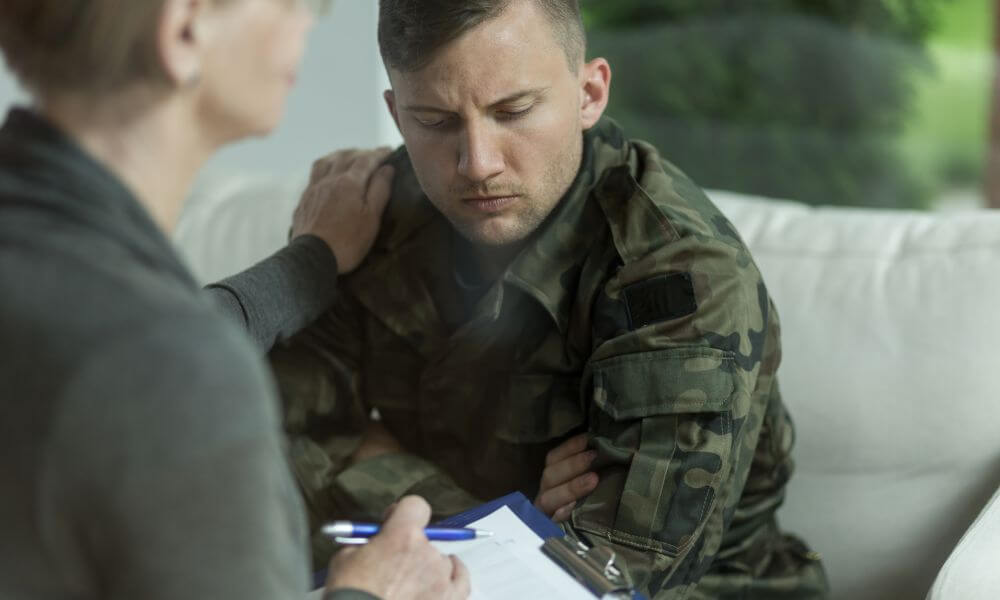
Moral injury tends to be driven more by the shame of the event whereas PTSD is caused more by fear of the event. Both result in negative effects such as depression and anger.
If you think you or a loved one may be experiencing symptoms of moral injury or PTSD, you (both) need support. Contact the VA Crisis Hotline here: veteranscrisisline.net or text 988.
Compassionate Listening Can Be Powerful Therapy for Moral Injury and PTSD
During an interview with ASM’s Paul McCullough, Dr. Juliana Lesher shared some very moving accounts of sessions she had with hurting Veterans while she served as a VA Chaplain. She realized that, most times, they just needed someone to listen to their stories.
One example being a series of conversations she had with a Veteran sniper who served in Vietnam. Originally he wanted nothing to do with God and lived an angry life. Dr. Lesher talked with and listened to him, and a friendship ensued. After a successful heart transplant surgery, his outlook on life changed:
“I developed this friendship with him. [Later, his need for serious surgery led him to say,] ‘I need to see the Chaplain!’ So I prayed with him before he went into surgery, and we prayed, and right after surgery he’s like, ‘I want to see the Chaplain!’ So I went up to him, and he just says, ‘You know, my heart transplant is not complete.’ And I began to be like, ‘Where is he going with this?’ But he just said, ‘You know I have a brand new heart that pumps all the blood around, but I need Jesus.’ I share the story in God Understands and it’s just amazing.”

She never forced faith or religion on the Veteran, who she calls “Tommy.” She just listened—and God did the rest. Trust developed out of that friendship and before long, Tommy’s spiritual heart was being transformed as his physical heart was being transplanted. It was truly an amazing parallel that took place in that hospital, and Dr. Lesher had the honor of being a part of God’s work with Tommy.
Dr. Lesher Drawing From Past Pain and Suffering to Minister to the Wounded
Along with compassionate listening as a tool to reach the hurting, empathy is an incredible mechanism for breaking down the barriers between Chaplain and patient.
Dr. Lesher recalls another moment she had with a young Veteran who was injured by an IED. As a result, he developed a traumatic brain injury and would likely become a quadriplegic. His outlook on life darkened and he was put on suicide watch. Again, Dr. Lesher found a way to reach out to her patient:
“And his goal, his parents had shared (where his mother was always dutifully there) was that ever since he was little, he wanted to be ‘career Military’. And here it was sadly over within a period of eight months and just how he felt his life, [at] 19 years of age, his life had ended.”
“Empathy is an incredible mechanism for breaking down the barriers between Chaplain and patient.”
“I similarly shared how I felt my life had ended in my early twenties and was able [to say] ‘Hey, Jimmy, you have no idea what God may have in store for you tomorrow. You have no idea.’ And [I told him] just to believe and have the faith that you know, taking this one day at a time. And this is a horrible situation, and to think back to those times when I was on feeding tubes and wanting to end my life and was suicidal and to connect in that sense—[I understood] that desperate sense of hopelessness that he was feeling.”
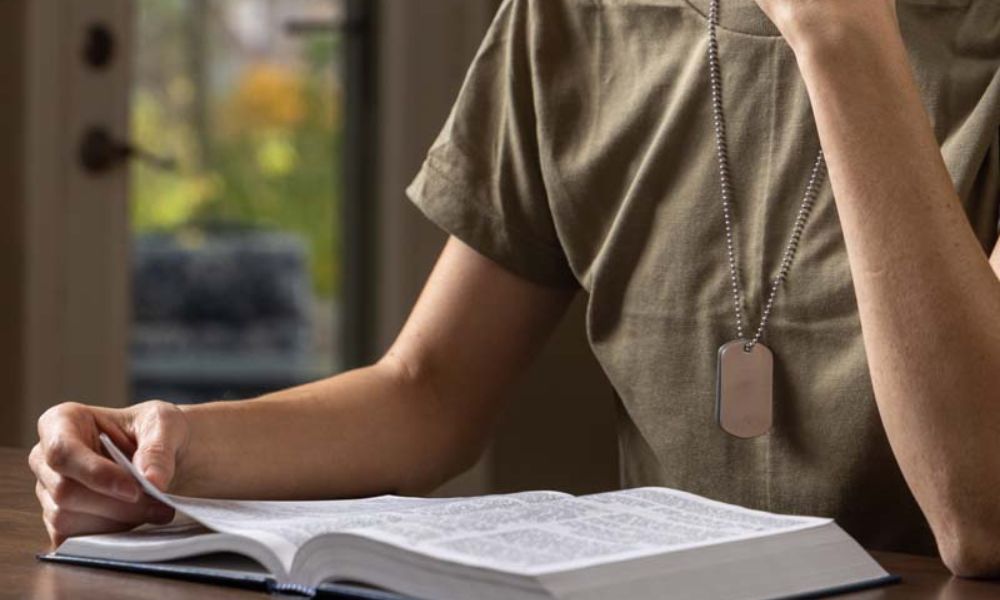
Dr. Lesher connected with this young man in ways that many others could not. Despite feeling led to serve the Lord in certain ways, she experienced long seasons of being repeatedly thwarted from following her calling. She had also felt that her life was worthless and that living was no longer an option. But, through prayer, love, and support, she was lifted out of that pit of hopelessness and, ultimately, leveraged her suffering to fulfill her calling.
Her past experiences put her in a position to reach out to Jimmy because she could say, “I know how you’re feeling.” She used the broken places in her life and her pain for God’s glory.
God Is Faithful to Complete the Work
There are many ways Chaplains minister to those they have been called to serve. Through the use of compassionate listening always, and empathy when possible, God can finish the work. His will is often worked out in the lives of these hurting Service members through the ministry of those around them.
Everybody is a minister of some kind. We’ve all been given gifts and a calling to use those gifts—impacting the world in incredibly positive ways.
“And we know that for those who love God all things work together for good, for those who are called according to his purpose.” Romans 8:28 (ESV)
Find Healing from Spiritual Injury
If you or someone you know has challenges associated with Military life, explore these eight studies and find empathy and connection in the stories of other Service members and Veterans with relatable experiences. Then, read through each chapter to learn about God’s understanding and grace.

